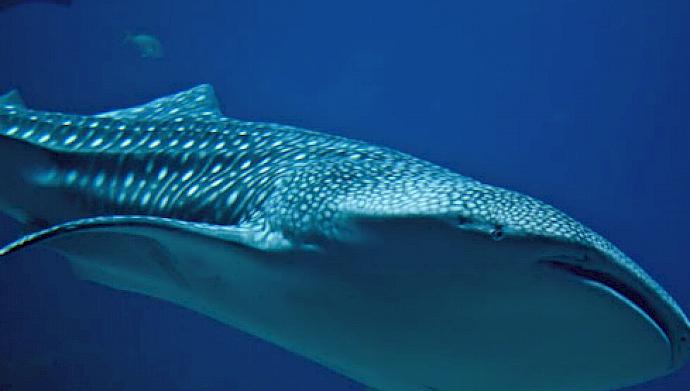Notes:
* The reclassification of shark fins by IE Statlink, Singapore’s official statistics body, occurred twice in 2008 and 2012. Frozen shark fins were suspected to be combined with frozen shark meat in 2008 to 2011. A lack of accurate interpretation of those data limited a comprehensive ten-year trade analysis, and therefore detailed analysis focused over two consecutive periods over six years, from 2005 to 2007and from 2012 to 2014.
About the report
The Shark and Ray Trade in Singapore is the first detailed analysis of the country’s role in the shark and ray trade, and provides a full picture of Singapore’s role in the shark fin and ray trade from source to market. It was conducted as part of the global WWF and TRAFFIC Shark & Ray Initiative.
About TRAFFIC

TRAFFIC is a leading non-governmental organisation working to ensure that trade in wild species is legal and sustainable, for the benefit of the planet and people.
WWF

WWF is an independent conservation organization, with over 30 million supporters and a global network active in over 100 countries. WWF's mission is to stop the degradation of the Earth's natural environment and to build a future in which humans live in harmony with nature, by conserving the world's biological diversity, ensuring that the use of renewable natural resources is sustainable, and promoting the reduction of pollution and wasteful consumption. Visit www.panda.org/news for the latest news and media resources and follow us on Twitter @WWF_media.





